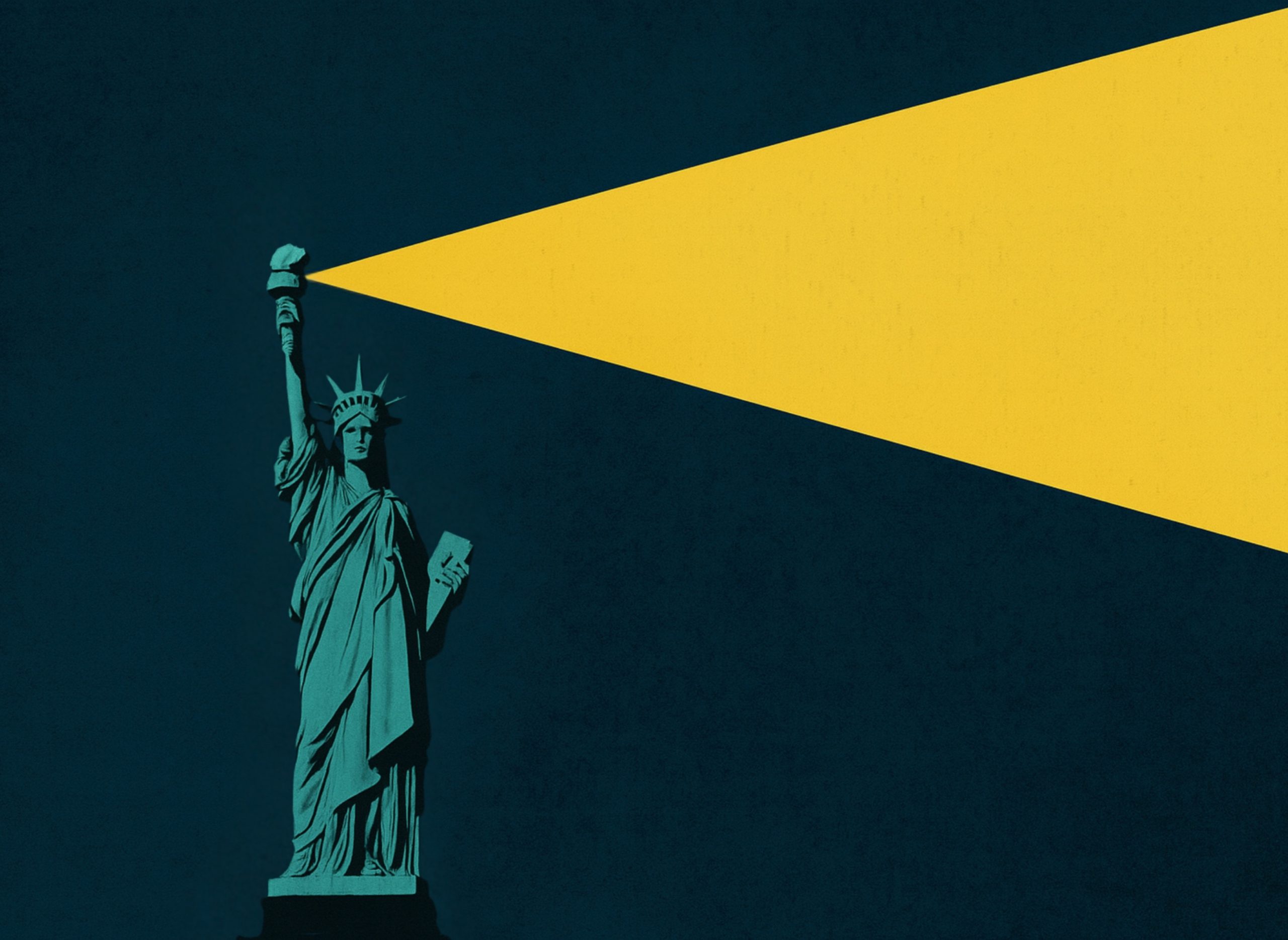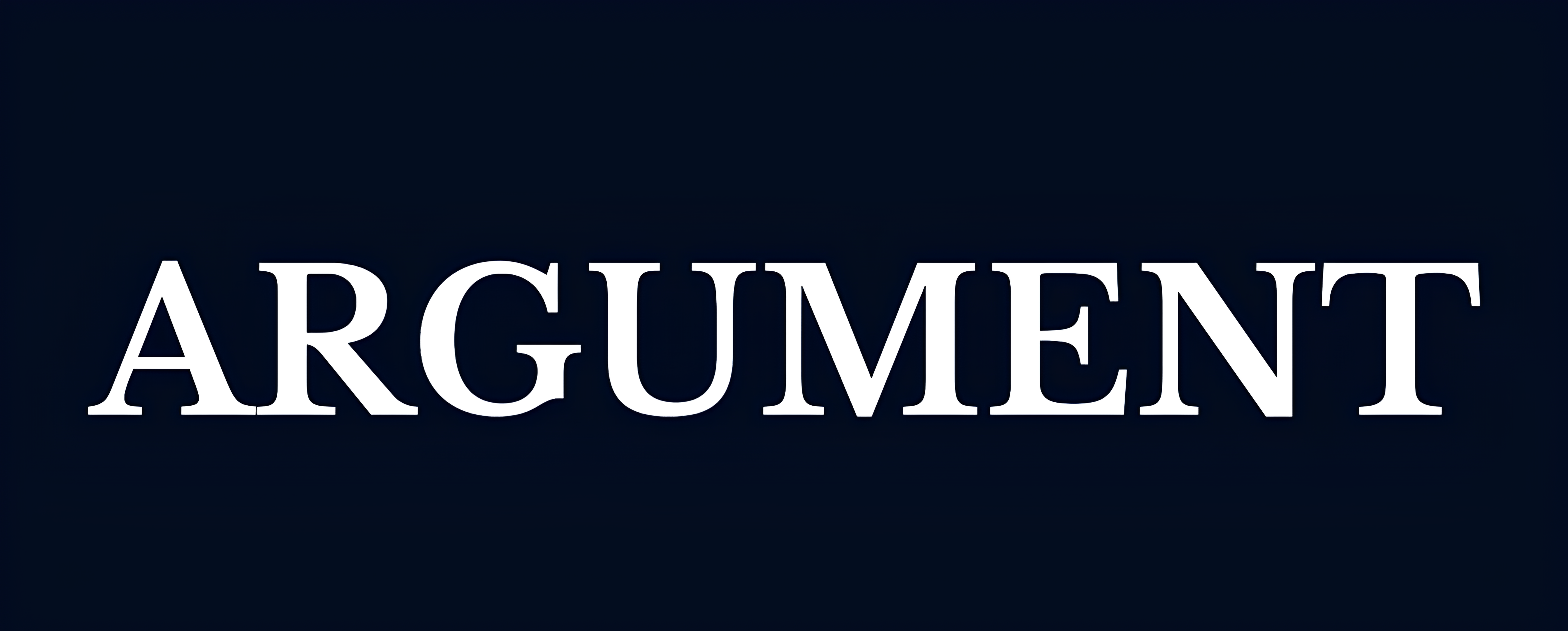

Liberal Peacebuilding, once hailed as a beacon of post-conflict reconstruction, faces scrutiny due to inconsistent outcomes. Despite challenges, reforming its approach through local ownership and accountability can enhance its efficacy in promoting peace and stability.
MAY 04, 2024

Liberal Peacebuilding has enjoyed the position of the preeminent strategy for “Western” actors to rebuild post-conflict societies since the collapse of the Soviet Union. Premised on top-down democratic installation, promotion of human rights safeguards, and pursuit of free-market economic systems, Liberal Peacebuilding dovetailed off Francis Fukuyama’s “end of history” prediction. The “unipolar moment” and the general lack of a comprehensive alternative collectively provided a unique testing ground for this framework.
Despite pronounced optimism in academic and policy circles about its effectiveness at creating and spreading peace and forging robust democracies out of the ashes of civil and ethnic conflicts, thirty years’ hindsight paints a starkly different picture. Liberal Peacebuilding applications in the former Yugoslavia, East Timor, and across sub-Saharan Africa either failed to rectify the root causes of violence or prolonged intrastate conflicts. Similarly, Liberal Peacebuilding interventions under the Global War on Terror (GWOT) were plagued by contradictions, specifically the wanton use of violence to achieve nonviolent and democratic outcomes.
The cases of Iraq, Afghanistan, and Libya sully its reputation. Inaction in Syria and Gaza reinforces critiques posing it as an imperialist methodology. With these failures in mind, robust questions arise about whether Liberal Peacebuilding is an effective instrument for states and intergovernmental organizations to promote democracy, human rights, and free-market capitalism as tools for peacebuilding in the coming years.
The recent surge of interstate and intrastate conflicts in sub-Saharan Africa, Eurasia, and the Middle East reaffirms the prerogative for peacebuilding. Violence flaring between the Rapid Support Forces (RSF) and the Sudanese government, the Israel-Hamas War, and the expansion of Salafi-Jihadi insurgencies in the so-called coup belt typify the necessity for building positive peace rather than aggrandizing an ideological monolith or disregarding the approach outright.

While many academics propose a ‘crisis’ of Liberal Peacebuilding or champion alternative approaches (such as the so-called Victor’s Justice or Hybrid methodologies), its mixed track record should not distract from its advantages. Instead, its primary architects, such as the United States, should seek to reform the framework against its previous pitfalls rather than discard it. Incorporating elements of locally owned Security Sector Reform (SSR) and promoting indigenous and bottom-up Transitional Justice efforts are valuable for strengthening peacebuilding efforts and gaining local ownership. These two reforms can bolster the reception of Liberal Peacebuilding and undermine critiques targeting “foreign imposition.”
Moreover, employing in-country experts as leadership, engaging local peacebuilders, and prioritizing SSR over counterinsurgency are valuable for building trust between local elites, the citizenry, and the mission leadership. Furthermore, increasing legal accountability and liability for mission leadership and peacekeeping forces will demonstrate a commitment to the populations these missions seek to save. The nexus of these reforms will preserve Liberal Peacebuilding’s ideological and objectives-based foundation and provide bottom-up elements that address many of its empirical pitfalls.
Collectively, as wars and military coups are becoming hallmark features of the second decade of the 21st Century, the motivation for refining and adjusting Liberal Peacebuilding is significant. The problems of Liberal Peacebuilding lie not in its ideologically rooted governance and economic objectives but rather in its inconsistent applications and lack of bottom-up considerations. Subsequent missions should take into account the value of reforming SSR, Transitional Justice, and engaging local elites and stakeholders to bolster local ownership of peace processes. These strategies will be invaluable for preventing the exacerbation of violence in the coming years as more intense and frequent conflicts appear imminent. Refining Liberal Peacebuilding to fulfill its promise of rescuing populations from atrocities and the inferno of war will bolster the West’s Soft Power at a moment when it appears in precipitous decline.
A curated seletion of FA’s must-read stories.
Written By: SeungHawn Kim
Written By: RIZWAN RAFI TOGOO
Written By: MARCO MENDEZ
Written By: KRISHNA ACHNAF HERINDRA
Written By: BILLY AGWANDA
Written By: SURUTHI LENIN
Written By: BERK TUTTUP
Written By: ALEXANDER BERGH

Alexander Bergh is a Master's student at the London School of Economics and Political Science (LSE). He earned his Bachelor of Arts degree from the University of Denver's Josef Korbel School of International Studies. Bergh previously worked for the US Defense Department's War Colleges and the Department of Health and Human Services in addition to two prominent American think tanks. From these industry and academic experiences, his main areas of study lie in American foreign policy, peace and conflict studies, and international security.
Written By: BATUHAN GUNES
Written By: KRISTIN HYNES
Written By: ERIC SONG
Written By: ALEXANDER BERGH
Written By: KATE-REID SMITH
Written By: JOSEF SCHOEFL
Written By: PATRIC MCFARLAND
Written By: FATIH CEYLAN
FA’s flagship evening newsletter guilding you through the most important world streis ofthe day. Delivered weekdays.